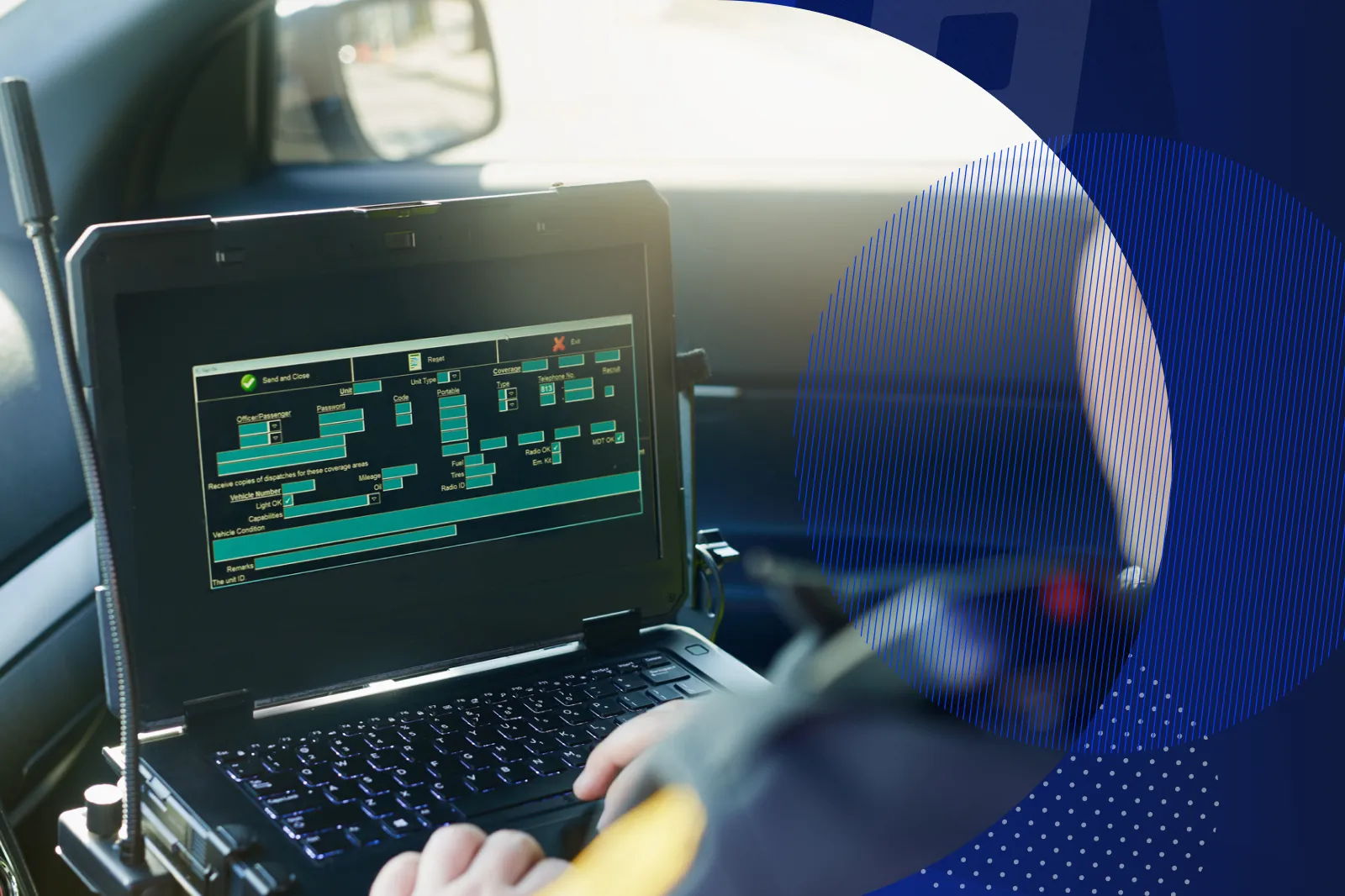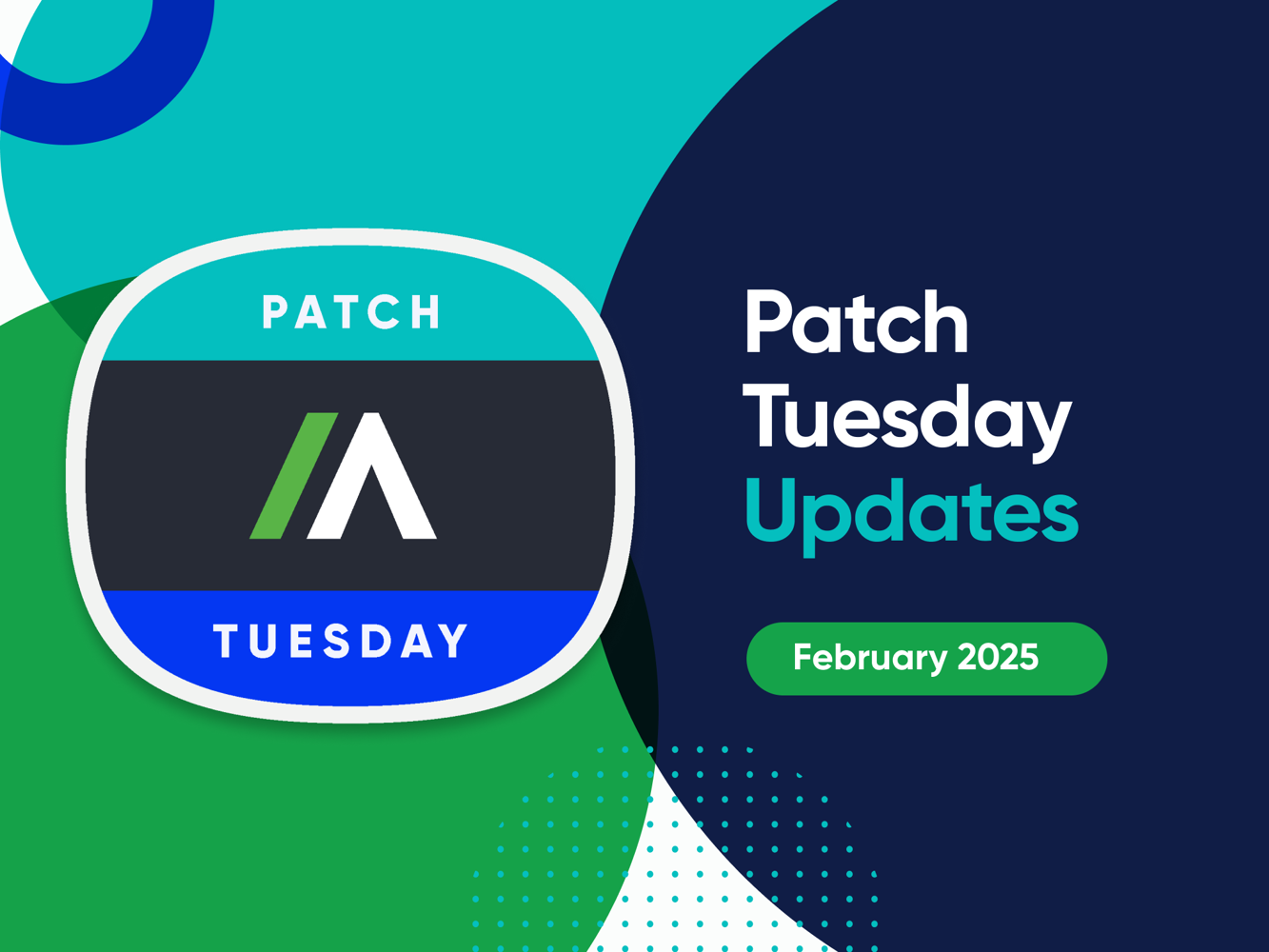Key trends that will drive evolution in the endpoint management market
Endpoint management remains a foundational component of any IT team’s enterprise device strategy. The rapid pivot to a work from anywhere workforce however threw a curve ball to organizations employing a more traditional approach. The modernization of endpoint management strategies is currently well underway.
Forrester recently released a report titled “The Future of Endpoint Management” identifying the key trends that will drive evolution in the endpoint management market. These trends result in an improved employee experience, increased operational efficiency, and a reduced attack surface for organizations who practice them.
The new face of endpoint management
According to Forrester there are six characteristics to ‘modern endpoint management’. It must be: unified; cloud-centric; self-service enabled; context-aware; automated; and analytics-driven. Leveraging these six core principles puts the focus squarely on end user experience, allowing for the hybrid workforce to work from anywhere, seamlessly.
With 51% of enterprise leaders indicating they will operate in a hybrid format and 15% intending to move to a “mostly or completely remote model” (Forrester “The Anywhere-Work Guide for Tech Pros”, 2022) this is a critical priority for organizations.
While there have been improvements and significant steps taken towards achieving these principles, Forrester acknowledges that endpoint management as a practice still faces its fair share of challenges including high cost, lack of tie-in with security, and poor employee privacy.
To combat these difficulties, the report advises professionals to take note of innovative trends taking hold in the market. One of which is the self-healing capabilities provided by Absolute Software.
Self-healing
Any enterprise endpoint can only be dependable if it functions as intended and without disruption. Employees can intentionally or unintentionally undermine their endpoints by for example, installing unsupported third-party applications or becoming the victim of phishing attacks. There are plenty of malicious threat actors exploiting human error to disable existing security applications on enterprise devices.
To remediate against such compromises, a self-healing solution ensures that vital applications are monitored for tampering, degradation, and failure so that automation can be employed to repair or even reinstall the problematic or missing app.
Self-healing can exist on three levels: the application, the operating system, and within the firmware. Forrester notes in their report that Absolute is among the “firmware-based tools that ship embedded within the device and ensures that everything running on the device works correctly (e.g., endpoint agents, VPNs, and software). This remains persistent even if admins reimage or replace the hard drive.”
Projecting the future of self-healing
Forrester indicates that endpoint management will evolve leaps and bounds over the next five years as administrators simplify and modernize their endpoint strategies.
Among the coming innovations, Forrester describes the future self-healing trend as “The rise of AI within endpoint management platforms will enable automatic remediation of endpoint issues without human involvement. This will go beyond simple if-then policy configurations, utilizing anomaly detection and pattern recognition to “learn” an endpoint’s optimal state and return it to preferred configuration should it drift.”
What makes Absolute stand out?
All Secure Endpoint solutions by Absolute take advantage of patented Absolute Persistence™ technology, which is already embedded in over half a billion devices as a result of the company’s partnership with close to 30 system manufacturers from around the world. Once activated, this technology is fiercely resilient and in turn can survive attempts to disable it, even if the device is re-imaged, the hard drive is replaced, or the firmware is flashed.
Absolute can extend this undeletable line of defense of self-healing via its Application Resilience capabilities to a broad range of mission-critical applications (e.g., anti-malware, encryption, unified endpoint management, VPN, and ZTNA) that are running on the endpoint. In turn, Absolute Resilience customers can assure that their applications remain installed, healthy, and effective to counteract human error, malicious actions, software collisions, and normal decay.
Absolute takes self-healing even a step further by applying its patented Persistence technology to its Secure Access product line. This allows for always-on tunnel and network sessions. Furthermore, the products’ self-healing client technology for Windows is capable of automatically repairing or reinstalling itself if tampered with, accidentally removed, or otherwise stopped working – ensuring it remains healthy and delivers full intended value. This makes it the market’s first ever resilient Zero Trust solution.
When it comes to Zero Trust, a solution that can self-heal is the perfect way to ensure your employees, working from anywhere, remain secure and protected.
Absolute is trusted by organizations across multiple industries to maintain compliance, manage secure device lifecycles, and safeguard sensitive data and devices. If the endpoint is compromised by threat actors or through user negligence, it heals itself automatically.
Further insights on your endpoint management strategy
Self-healing endpoints are a crucial aspect of any forward-thinking endpoint management strategy. If your organization is looking to take the next step to implement an innovative endpoint management solution such as self-healing, take a moment to book a demo with Absolute today.








